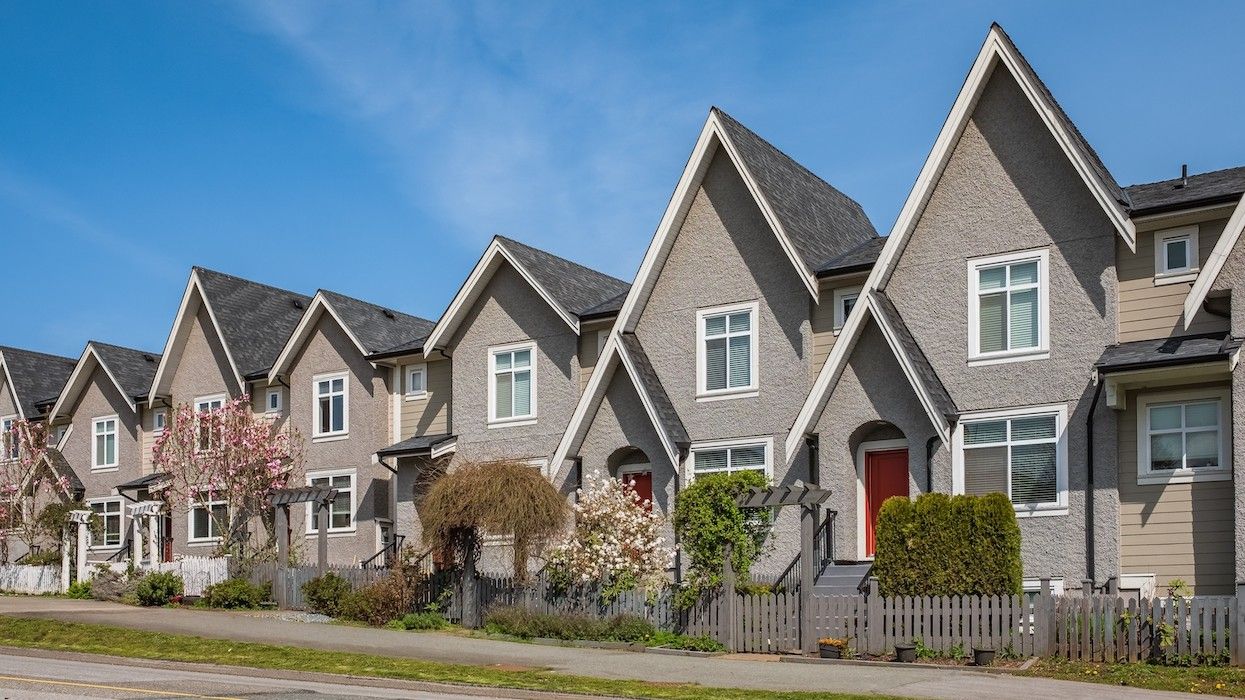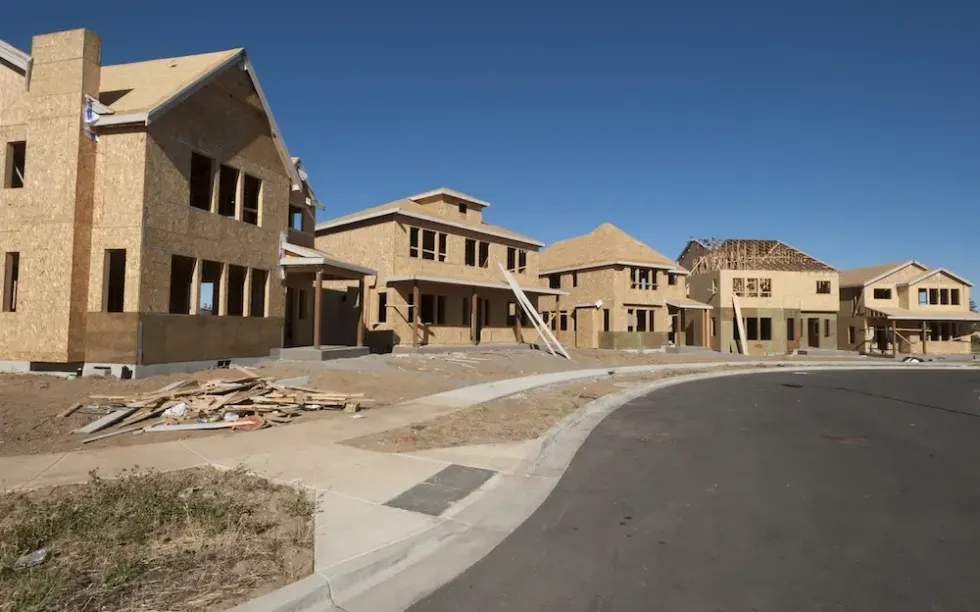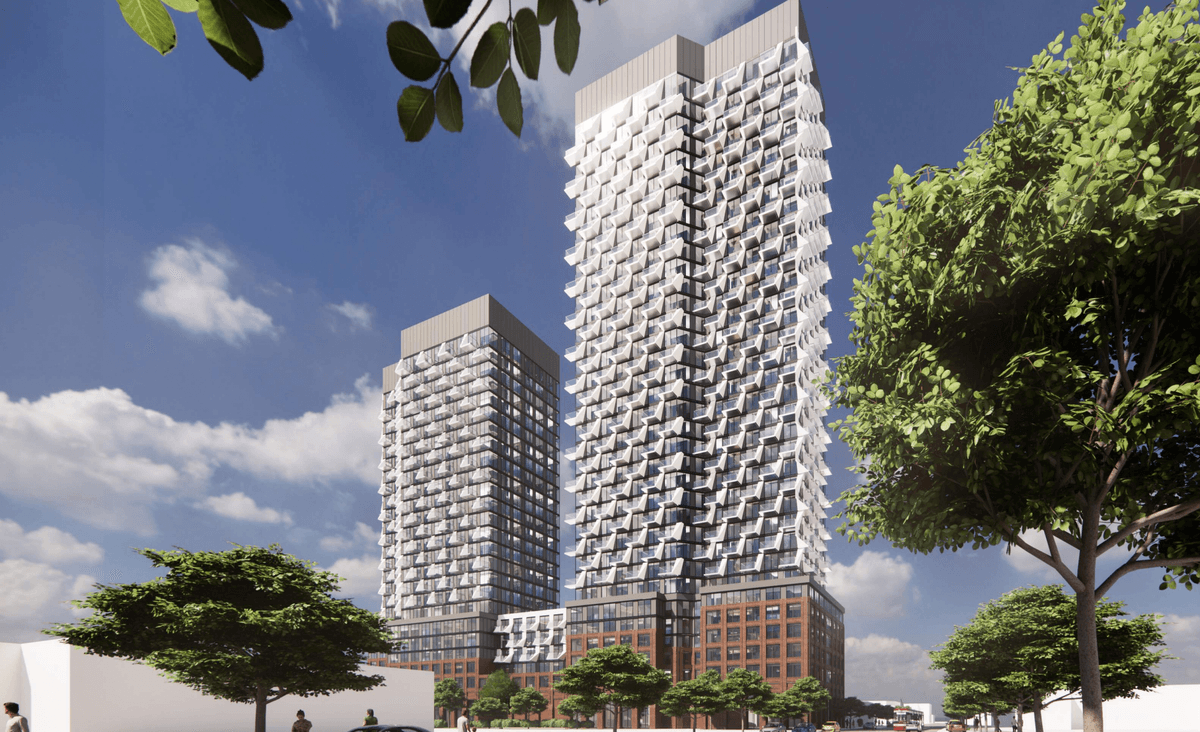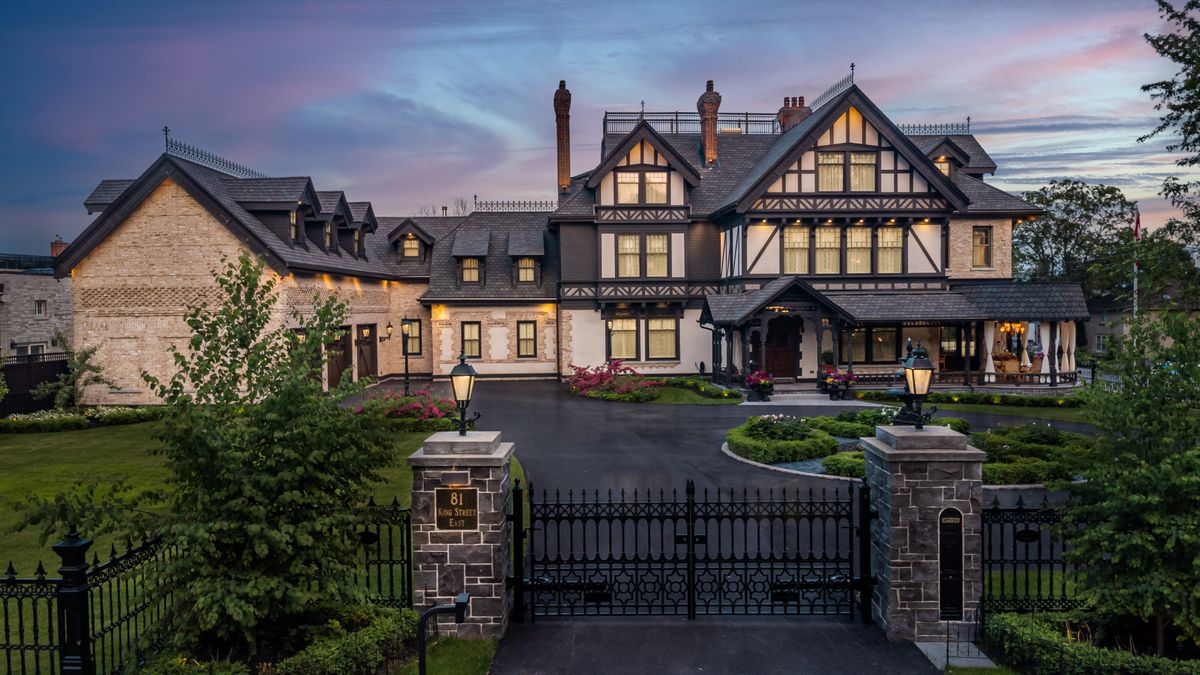Ontario’s pre-construction market has taken a notable hit and the suburbs have lost some shine, according to the 2024 New Home Buyers Report by Tarion. According to the findings, Ontario’s homebuyers are sitting on the sidelines thanks to ongoing economic uncertainty. Based on Statistics Canada’s current population estimates, overall home purchase intentions in Ontario have declined by 25% in the past year, highlights the report.
The 2024 Tarion New Home Buyers Report is based on an online survey conducted between November 6 and November 21, 2023, with a sample of 538 Ontarians.
The estimated number of Ontario residents likely to consider a new or pre-construction home has dropped from 750,000 people in 2023 to just 500,000 (34%) at the time of the survey. With that said, two-thirds (66%) of respondents said that they plan to buy a newly built or pre-construction home in six to 12 months, an increase of five percentage points over the previous year. One-quarter (25%) of respondents anticipated being ready to buy in the next three to six months, and only 9% expected to finalize a purchase within three months of completing the survey.
“This shift in home buyer mindset is striking,” says David MacDonald, Group Vice President, Financial Services at Environics Research. “However, it’s consistent with other trends in big-ticket consumer decisions, and it makes sense considering that, overall, Canadian consumer confidence is at one of its lowest points since the financial crisis of 2009. This situation is dynamic. As consumers watch for the signs of interest rates and inflation easing, new home buying trends are likely to change.”
Nine in ten (93%) home purchase intenders said they were likely to consider a home built within the last five years, a slight increase from last year (91%). Meanwhile, half of respondents say that a home of this age gives them the most peace of mind. By contrast, seven in 10 (72%) buyers are likely to consider a pre-construction home, a decrease of five percentage points from 77% the previous year. Only one-third (33%) of respondents indicated that a pre-construction home offers greater peace of mind, down from 39% the previous year.
According to the survey, Ontario is seeing different demographics of homebuyers. Six in ten (61%) survey respondents were repeat home buyers, and four in ten (39%) were first-time buyers. Notably, the survey revealed an uptick in Gen Z homebuyers – those born between 1996 and 2012 – by five percentage points, from 3% to 8% year over year (perhaps they are among the lucky set with help from the bank of the parents). Additionally, of the one-third (33%) of survey respondents born outside Canada, the number of home buyers who immigrated less than 10 years ago increased by 17 percentage points from 39% to 56%.
City v Country
Whereas the suburbs lured countless buyers during pandemic times, it seems the shine is wearing off. According to the survey, fewer buyers prefer to call suburbia home. Instead, cities become the top preferred type of community. In the past year, suburban areas are no longer the most preferred community type, with a decrease from 57% to 49%. Urban areas are now respondents’ most preferred type of community at 55%, nearly unchanged from last year (56%). With that said, fully detached homes remain survey respondents’ most-considered type of home (69%), with a slight increase compared to the previous year.
Meanwhile, 17% of respondents prefer small towns, 14% prefer ex-urban areas, and 8% prefer rural communities. These shifts likely reflect consumers’ focus on affordability, but work-life balance may also be a factor. “As many workplaces have implemented back-to-office mandates, some home shoppers may be reconsidering the financial and lifestyle implications of a commuter lifestyle,” reads the report.
Energy efficiency remains a top factor in the new home purchase decision. This latest survey shows that home price, size, energy efficiency, and style remain the top factors in shopping for a home. Although interest in energy efficiency has decreased slightly at 92% vs. 96% the previous year, this remains an important consideration as the cost of living stays top of mind.























